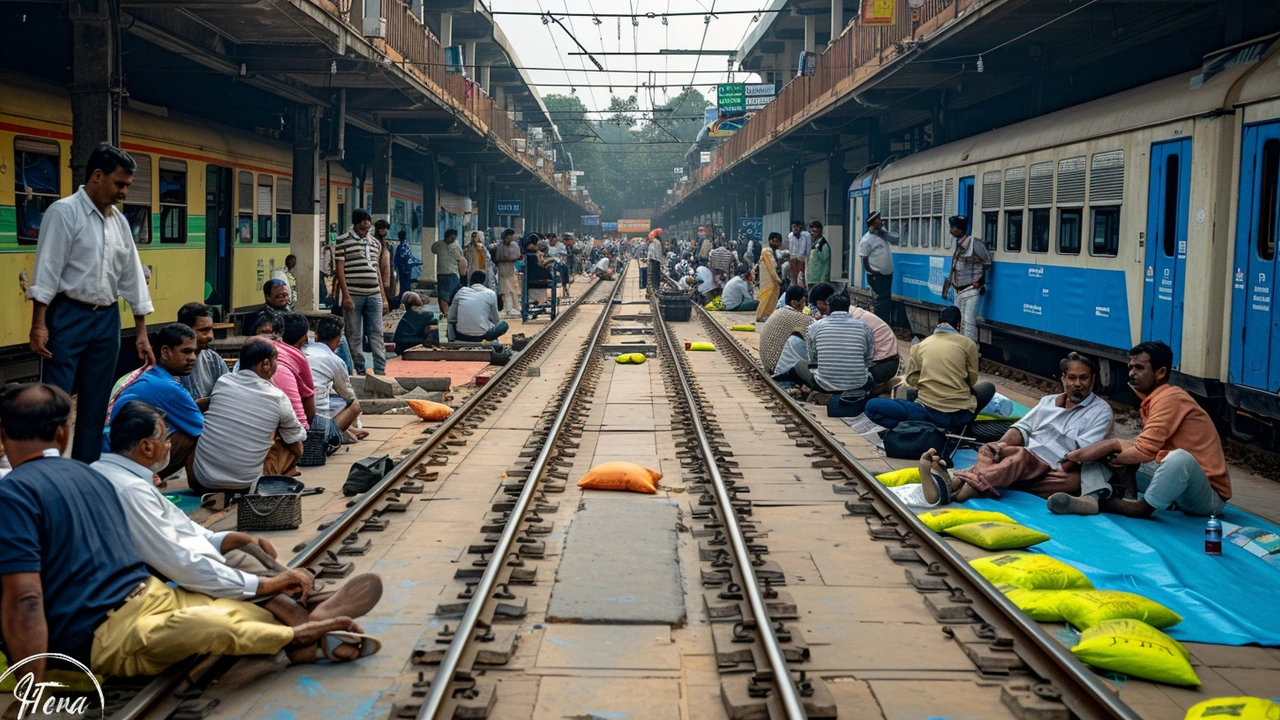Election Results – Live Updates and Analysis
When a country heads to the polls, everybody wants to know who’s winning, who’s losing, and what the numbers mean for everyday life. In Africa the stakes are high – from power shifts in Kenya to new faces in Nigeria, each result can reshape economies, policies and regional stability. This page gives you the quickest way to see the freshest vote counts, understand the trends, and decide how the outcomes might affect you.
How to Follow Real‑Time Results
Most African electoral commissions now post live tallies on their official sites or on trusted news portals. Look for a clear percentage bar, a total vote count and a breakdown by region. If you’re scrolling on your phone, a simple push notification from a reputable outlet can save you a lot of time. When you see a number that looks too good to be true – like a candidate getting 90% of votes in a competitive race – double‑check the source. Independent observers, such as the African Union or local civil‑society groups, often release verification reports that help spot errors.
Another tip: watch the “early lead” versus the “final count” difference. In places with strong rural turnout, early numbers may favor urban candidates, only to flip once the countryside votes are added. The 2022 Kenyan parliamentary elections, for example, showed a tight race in Nairobi at 10 % reporting, but the final result swung after rural districts reported.
What the Numbers Mean
High turnout usually signals strong public interest, but it can also hint at mobilisation efforts by parties. A 75 % turnout in a presidential race suggests voters feel the stakes are real, while a 40 % turnout might indicate apathy or distrust. Look at the margin of victory too – a narrow win (under 5 %) often leads to legal challenges or calls for recounts, as we saw in the recent Ghana parliamentary contests.
Beyond the winner, pay attention to regional patterns. If a candidate dominates the north but barely scratches the south, it can point to deep‑seated divides that will shape policy making. In Nigeria’s last gubernatorial elections, the southern states leaned heavily toward progressive platforms, while the north stayed with traditional parties. Those splits influence everything from infrastructure projects to education funding.
Finally, think about the impact on neighbouring countries. A shift toward a more liberal government in South Africa could open trade corridors, while a rise in nationalist leadership in Ethiopia may tighten borders. Election results rarely stay confined to one nation – they echo across the continent.
Use this page as your quick reference hub. We pull together the latest vote tallies, highlight key trends, and give you a clear picture of what’s happening right now. Bookmark it, refresh after every major update, and stay ahead of the story.




